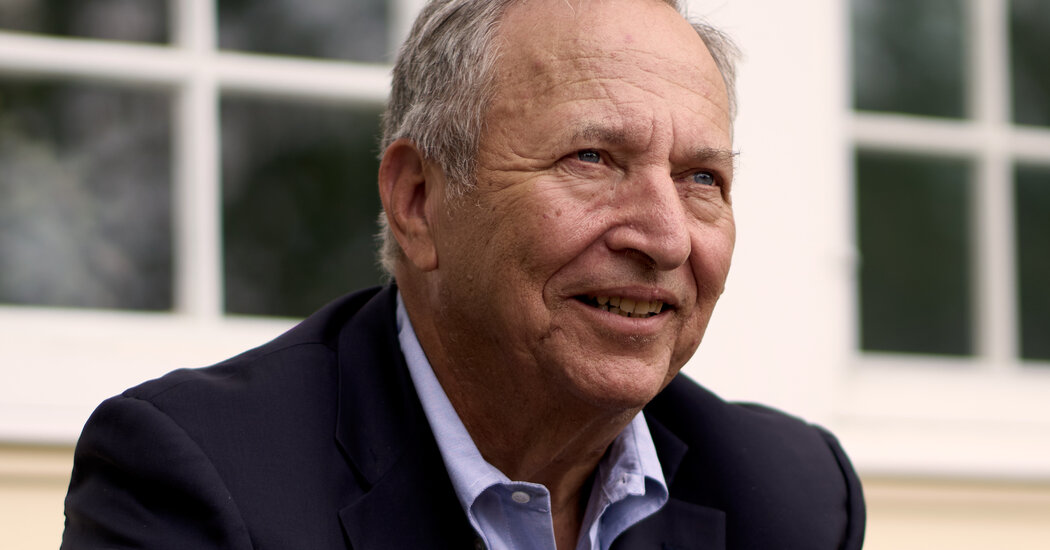ECONOMIC NEWS
Why Washington Can’t Quit Listening to Larry Summers
In early June, The New York Times surveyed the economics departments at a handful of universities with notable economics programs — Princeton, Harvard, Berkeley, the University of Chicago, the Massachusetts Institute of Technology and Ohio State University — and many academics do share Mr. Summers’s concerns. A sizable minority said they worry that inflation will rocket higher. And about half of respondents who work in macroeconomics agreed that the latest stimulus package was “significantly” too large.That’s the view inside the academy. The message from economists currently in power is different. Top Fed officials have said that sustained high inflation is not likely, and that they expect temporary data quirks and bottlenecks will fade.“A pretty substantial part — or perhaps all — of the overshoot in inflation comes from categories that are directly affected by the reopening of the economy,” Jerome H. Powell, the Fed’s chair, said during congressional testimony on Tuesday.The White House also accepts that inflation could soar too high, a point the Biden economic team began making more explicitly after Mr. Summers expressed his concerns. But that is not their forecast, and it wasn’t enough to keep it from passing its $1.9 trillion stimulus.Nor has it rocked the Fed meaningfully from its patient course: Mr. Summers has called for the central bank to stop buying mortgage-backed bonds. While the Fed has said that it’s now talking about slowing those purchases, it hasn’t yet. Fed officials did pencil in possible rate increases for 2023 at their June meeting, and they marked up their estimates of inflation this year.Mr. Summers takes comfort in the attention the Fed has recently paid to inflation risks. But he had previously said there was a one-third chance that the Fed would allow inflation to run out of control, a one-third chance that it would cause a recession by lifting rates to curb price gains, and a one-third chance that everything would turn out fine — and, he said in an interview, he still thinks that assessment is basically correct.Mr. Summers could turn out to be right. Inflation has moved up faster than economists anticipated this year. But he could yet be proved wrong, since part of the increase in prices was broadly expected and much of the rest came from categories affected by reopening wiggles, like airplane tickets and used cars. If price gains fall back into line after a bout of pandemic weirdness, there’s little reason for them to be destabilizing or problematic, from the Fed’s perspective.
Source link













